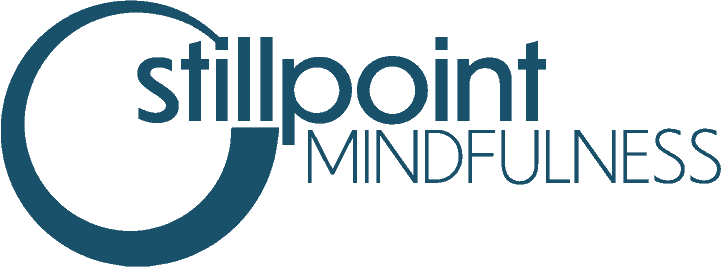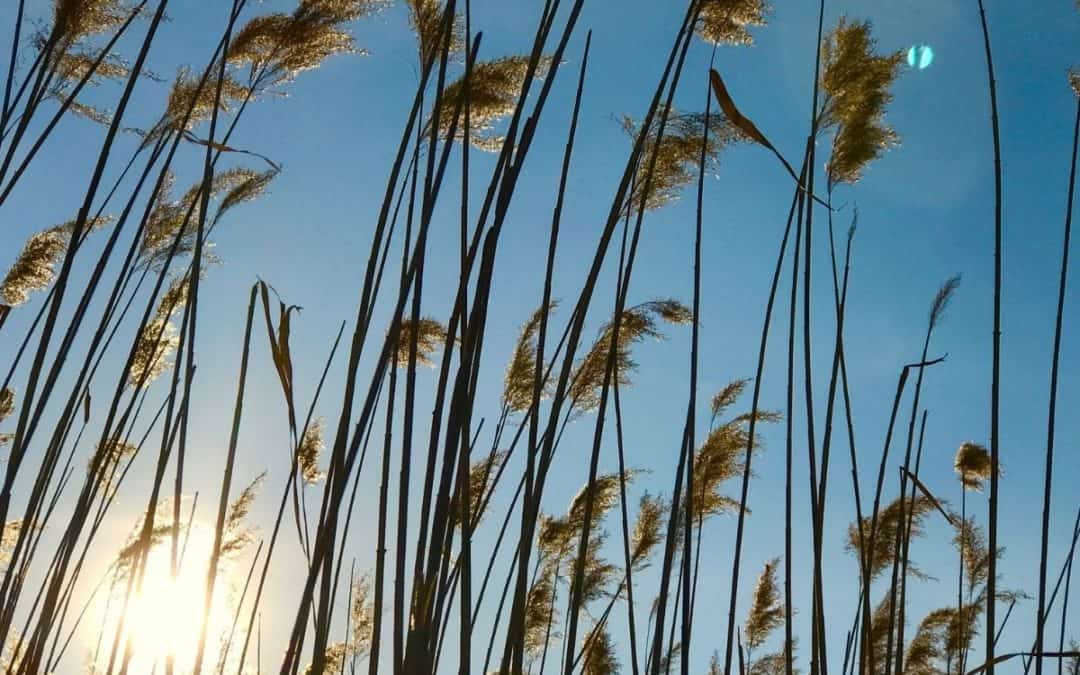In May, I attended my graduation from the Master’s program in Mindfulness-Based Cognitive Therapy (MBCT) at the University of Oxford. I don’t usually go for pomp and circumstance, but found the ceremony was moving on many levels, and prompted reflections on ‘success’, ‘failure’, and the willingness to keep showing up.
In our culture, we have built-in rituals for pausing to celebrate ‘success’ or achievement. Harder to acknowledge and honor are losses, transitions that arise out of uncertainty & pain, or ‘failure,’ which is often code for things not working out the way we wanted them to. And yet it’s in these moments of difficulty that we refine and hone the qualities that are most essential to our humanity; it’s here that we develop compassion and empathy, and where we learn and practice how to come back into balance, stability, and calm.
I have the privilege of getting to engage with many individuals right in the midst of such moments–as a Mindfulness-Based teacher and counselor, and also as a parent, child, spouse, friend. This Spring, my 84-year-old mom, recognizing the increasing challenge of living on her own, moved from her home of 22 years to an apartment in a graduated care facility. My daughter, in her early 20’s, chose to take the leap from the ‘known’ of depleting restaurant work in NYC, to the unknown of seeking more sustainable ways to pay her bills while moving forward as an actor. A dear friend leaned into her growing edge as an artist, took risks, tolerated failure again and again to print clouds and water that come alive on paper. These small and seismic acts of courage, integrity, and resilience are everywhere, yet can easily get missed.
We are hard-wired to avoid, to flee, fight or freeze in the face of what feels threatening or overwhelming. To turn and intentionally face what’s here–whether aging, or new options for work, or creative uncertainty–is an act that, in my experience, goes far beyond our usual definitions of ‘success’ or ‘failure’. These are moments of choosing to show up for what’s actually happening now, to see things clearly, with discernment, and relate to them as wisely, kindly, skillfully as is possible.
For me, the graduation was poignant because it celebrated the willingness to keep showing up in the face of difficulty. Mid-way through the Master’s program, struggling with the cognitive and neuroscience research while writing my 2nd major essay, my tutor tried to reassure me, saying, “In this process you’re becoming a scientist-practitioner.” I got off our call and cried, truly not knowing if this were possible, if I had the capacity and resources required to travel such a growth curve.
Here’s the thing about being at our growing edge, the real hardship of it: we really don’t know, REALLY don’t know how to do what’s needed next, whether at age 84 or 23 or 56. If we keep breathing, things keep changing. In this sense, our lives are always beginning anew, and we are ever beginners at the edge of discovery. What’s needed in this new moment? My mom, now surrounded by those her age and older, many of whom are less able than she is, told me recently, “I’ve watched my grandparents and parents age, but I never really thought I’d be old. I don’t know how to do it, how to let go, more and more.”
For me, showing up means letting go of the idea, for one, that we’re supposed to already know how to do it. It’s actually the showing up itself that will teach us what we need to know next, if we can stay close & listen carefully, kindly to what’s unfolding in our bodies, minds, hearts.
In my experience, this is why we practice. We sit, or walk, or needlepoint (as my mom does) and do our best to bring a soft and friendly gaze to this experience of being alive. We play with the possibility of showing up on our own side, in recognition of the courage it takes to stay open, to learn and grow.
For now, this may be enough, because it turns out that showing up is non-trivial. In it’s quiet, often uncelebrated way, showing up may just be one exquisite expression of what’s deepest and best in us.


Recent Comments